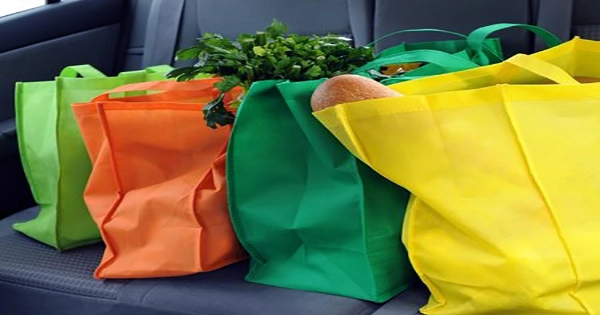Plastic bags are harmful to the environment. Isn’t it true that if they’re banned from supermarkets, the problem will be solved? As is so frequently the case, it turns out there’s a little more to that story. According to researchers at the University of Georgia, restricting the sale of plastic bags may have unforeseen repercussions. According to the new research, while plastic bag ban measures are well-intentioned, they may have the opposite impact.
The difficulty is that shopping bags are considered single-use items, but they are frequently used as liners for small garbage cans for a (short) second life. People look for alternatives when shopping bags aren’t available, which the researchers believe means buying little plastic waste bags. “We know there is a need for plastic bags, and we know that if these policies take effect, some bags would vanish or become more expensive to obtain,” Yu-Kai Huang, a postdoctoral researcher at the University of Georgia’s Warnell School of Forestry and Natural Resources, said.
“As a result, we wanted to determine how effective this policy was at lowering overall bag consumption.” Previous research has looked at the impact of bag restrictions on plastic consumption, but none has looked at the combined impact of taxes and a bag ban. Huang, an environmental economist, devised a new method for calculating the impact of either policy while taking into account characteristics such as people’ income levels and population density, both of which have an impact on the amount of trash generated in a town.
The team assessed plastic garbage bag sales in counties with bans or penalties in place and compared them to counties without such restrictions, keeping in mind that plastic supermarket bags have a second life in many houses. According to the report, sales of four-gallon garbage bags increased by 55 percent, to 75 percent, while sales of eight-gallon trash bags increased by 87 percent, to 110 percent, in California cities implementing bag regulations.
These findings corroborate previous research that found a rise in sales of smaller plastic waste bags. While sales of smaller waste bags increased as a result of the restrictions, sales of bigger 13-gallon trash bags — the size often seen in kitchen trash cans in the United States — remained relatively stable. “Before the regulations were implemented, carryout grocery bags were exchanged for equivalent sizes of trash bags,” the researchers noted in their research paper. “After the regulations went into force, customers’ demand for plastic bags shifted from regulated to uncontrolled.”
If the average plastic bag drawer is any indication, most families use significantly more single-use bags than garbage bags, thus imposing a fee or prohibition on single-use plastic bags is likely to be a net gain. But I thought it was worth noting that even the best-laid plans can result in unforeseen effects, which appears to be true in climate policy as well as elsewhere.
















